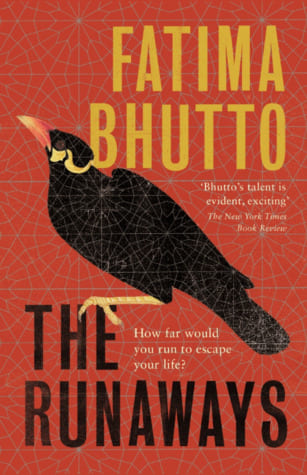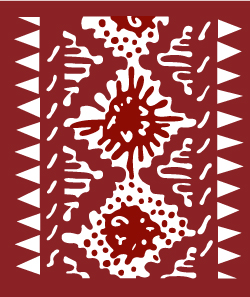
BG 2 March 2022 Review
The Runaways by Fatima Bhutto
Fatima Bhutto - it’s a famous name, and also a name marked with sagas in South Asian history. She says, “In a way, violence is always described in stark black and white terms and I wanted to think about it in a different way. How much pain do you have to be in to go to war against the world? What does it mean to feel wounded by the world, to be humiliated and isolated? I am haunted by the violence I’ve experienced. You have to expose violence to light, to air, it’s the only way you can rob it of its power”. Perhaps this novel reflects an expression of the violence she has experienced in her personal life.
The story traces the suppressed and directionless lives of three youngsters from different social backgrounds, all in search of self worth and validation. Sunny, an Indian Muslim in Portsmouth, is bullied and belittled by the whites and his own kind, he is ashamed of the pathetic efforts his father makes to be accepted into the white society. His father is the ultimate dislocated immigrant, mimicking the social and cultural values of the British. Sunnys cousin Oz returns from Syria to show him a way out of this pain, his loneliness and confusion, to glory and heroism through ‘jihad’.
It is paradoxical how Sunny and Anita, growing up in a suppressive social environment, religious and domestic violence, choose to become part of radical fundamentalism, and of greater violence to find a sense of identity, power and belonging in a world of rejection.
The lives of these three frustrated youngsters are destined to cross paths in the wasteland of Mosul, where violence pushes them down a dark path, which was to lead them to the promised paradise.
Fatima Bhutto attempts to portray the religious brainwashing and subsequent recruitment of vulnerable youngsters into the so-called religious war against the west, and the irony that it has, in fact, little to do with religion and much to do with distorted mind frames and power games. In contemporary Pakistan, radical clergy continue to justify repression of the poor and dispossessed classes, criminalization of religious minorities, and sexualization of women with the language of culture and religion. In spite of the subject, the narrative is devoid of any thrill, surprises or excitement. Characters are somewhat sketchy, come across as unfinished, and fail to evoke much empathy- except for Sunnys character which is fairly developed. There are some well scripted paragraphs and phrases, but the rest of the reading is a trudge.
It was a promising book, interesting premise, but it was disappointing. While reading this I kept thinking about another Pakistani writer’s book, “Home Fire” by Kamila Shamsi which covers some of the same themes, ( Muslim immigrant identity in the west, running away to become part of radical fundamentalism) but that one was so very well done, compared to this novel. This book did pique our book group’s interest and most said they went through it very quickly. The potential was there but it just wasn’t executed properly. There were inconsistencies in the flow of the book and many lingering questions. The group rated the Book 5/10.
Nabila Ahmad
